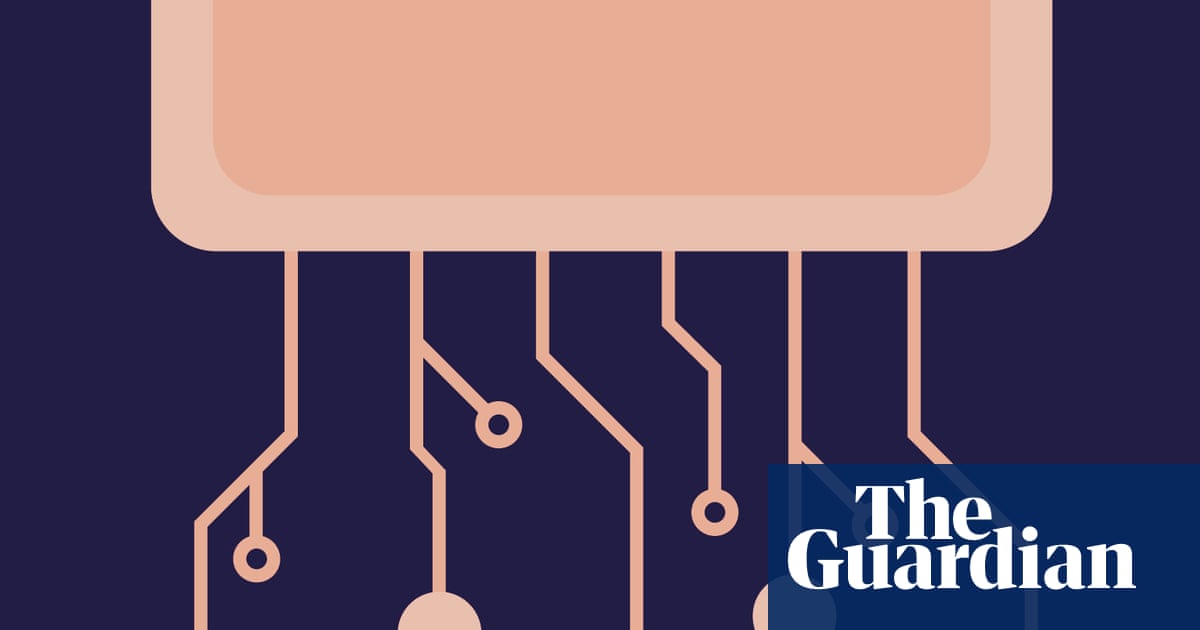
"But even in the best-funded clinics with the most committed professionals, standards can still fall short; doctors, like the rest of us, are working with stone age minds. Despite years of training, human brains are not optimally equipped for the pace, pressure, and complexity of modern healthcare. Given that patient care is medicine's core purpose, the question is who, or what, is best placed to deliver it?"
"AI may still spark suspicion, but research increasingly shows how it could help fix some of the most persistent problems and overlooked failures from misdiagnosis and error to unequal access to care. As patients, each of us will face at least one diagnostic error in our lifetimes. In England, conservative estimates suggest that about 5% of primary care visits result in a failure to properly diagnose, putting millions of patients in danger."
"In the US, diagnostic errors cause death or permanent injury to almost 800,000 people annually. Misdiagnosis is a greater risk if you're among the one in 10 people worldwide with a rare disease. Modern medicine prides itself on being scientific, yet doctors don't always practise what the evidence recommends. Studies show that evidence-based treatments are offered only about half the time to adults in the US."
Doctors are human and increasingly overstretched by long hours, high pressure, and limited resources. Human cognition often cannot match modern healthcare's pace and complexity, causing standards to fall even in well-funded clinics. Diagnostic errors are common: about 5% of primary care visits in England miss diagnoses, and in the US errors cause death or permanent injury to almost 800,000 people annually. Misdiagnosis risk rises for people with rare diseases; evidence-based treatments reach US adults only about half the time, and radiology second opinions disagree in roughly one-third of cases, altering treatment nearly 20% of the time. Care quality declines over the workday, and AI offers potential to reduce errors and expand access to care.
Read at www.theguardian.com
Unable to calculate read time
Collection
[
|
...
]